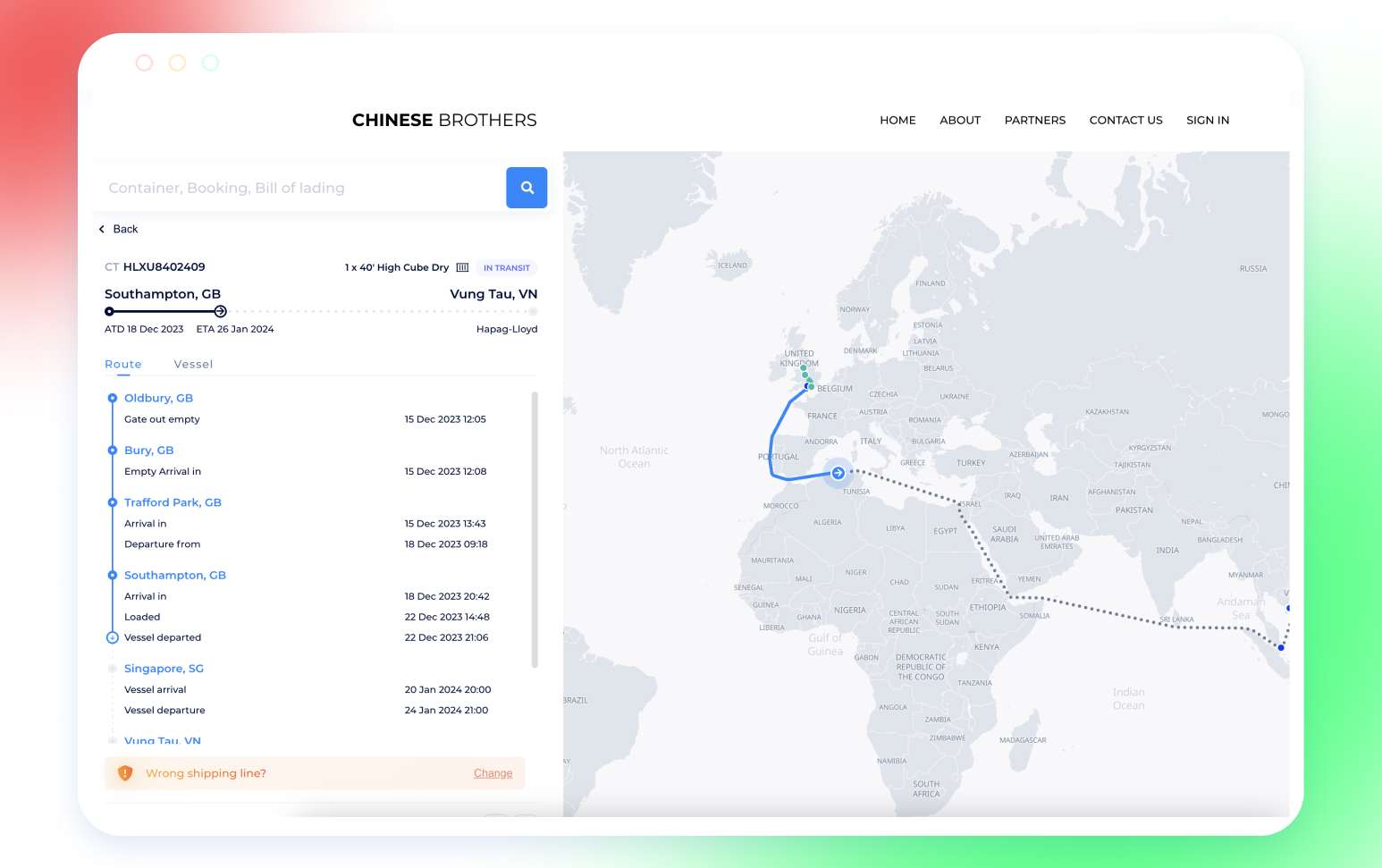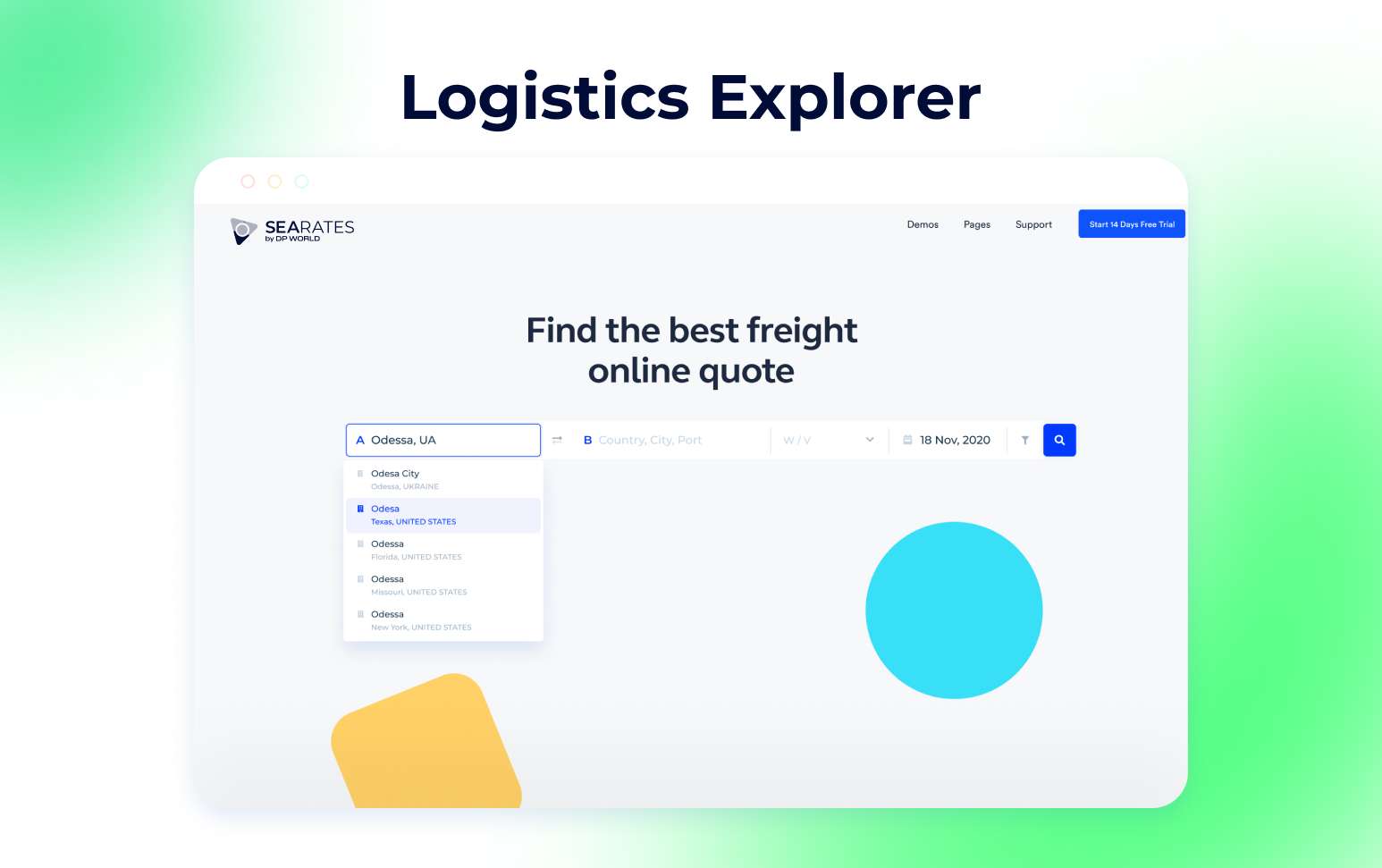
Responding to Unpredictability in Logistics
Keeping aware of the ongoing changes in the global supply chain is crucial to handle logistical issues and challenges, from the freight forwarder to the shipper. After all, only by being armed with a pool of information and progressive solutions can you overcome any difficulties in your own business strategy, whether it is for your large or small business or for global logistics and trade.
Hence, it is the lack of continuous expert assistance and support that is creating more and more weaknesses in your daily operations. The year 2024 has already made us aware of its unpredictable nature, which throws the unprepared off track.
Let’s analyze the nature of unpredictable logistical Issues and develop advanced technological solutions to adapt and turn the game on your side.
Unforeseen logistical Issues and their nature
To begin with, let’s divide the challenges into three groups based on their essence, including logistical challenges:
Environmental factors: The detrimental impact of weather and disasters on the supply chain
The most famous natural disasters that crippled international logistics infrastructure are the Asian Tsunami (2004) and Hurricane Katrina (2005). The hurricane caused significant destruction to the port and surrounding land infrastructure of one of the key logistics hubs of the United States, the city of New Orleans. The delivery delays and loss of goods due to the damage reached a tremendous level, as they had a direct impact on the supply chain of the immediate area and international maritime transportation. In turn, the 2004 Indian Ocean tsunami destroyed many seaports and logistics infrastructure, vessels, and equipment in coastal areas. The damage from each of the natural disasters is estimated at tens of billions of dollars.
Political transformations: Security component of logistics threats
The terrorist attacks on vessels in the Red Sea are a recent prime example of a point disruption in the supply chain. You can read more about the Digital Freight Alliance’s assessment of the Suez Canal disruption by clicking here.

Changes in the political landscape, authorities in certain regions, uncontrolled crime, and increased danger to crew and cargo - all of these circumstances require the freight forwarding community and logistics companies to adopt quick and efficient solutions.
How do economic crises impact international trade?
The well-known global economic crisis of 2008 clearly demonstrated the impact of economic changes on international logistics. Reduced profitability of freight forwarders, rising transportation costs driven by factors such as fuel prices, driver shortages, and surging demand for delivery services, disadaptation to new trade conditions, tariff battles, etc., cause changes not only in global trade but also in harbor and warehouse operations.
Meanwhile, we can distinguish two groups of logistics risks, depending on their origin: external and internal.
External risks in supply chain risk management
The above-mentioned climate change, geo-economics, and geopolitics are external factors that are shaping the global supply chain. If we start analyzing the likelihood of these risks, we realize that it is almost impossible to prevent their impact. The only things that anyone can do, from a private entrepreneur to a large logistics alliance, is to prepare for any unforeseen challenges, such as rising fuel costs, and neutralize the negative consequences with the greatest possible efficiency.
Internal risks
This group of factors includes inventory management, networking with sub-suppliers, supply chain management and development strategies, maintaining your business’s operational performance, technical excellence, and other factors related to being relevant to modern digital markets and industries.
Powerful solutions for streamlining your shipping business
• Market analysis. Global trends need to be monitored, studied and responded to promptly by the owner of a logistics or trade business of any size. It is easy to cope with the difficulties of the supply chain by getting up-to-date information about updates in the digital logistics market. For further consultation on IT solutions that can be implemented in your business, contact us here.
• Anticipating and minimizing the consequences. Such a comprehensive strategy allows you to anticipate more logistics trends and cope with the most impactful ones. One example of how the strategy is used on a daily basis is the integration of Container Tracking as a widget or API to provide your customers with real-time data on the supply chain. There is a way to respond to any delays in the shipping process quickly.

• Manage your budget. The shipping budget should have alternative, reliable options. The unpredictability of logistics is gone when you can easily get transparent freight rates for any delivery destination in 2 clicks. Using the Logistics Explorer tool means tracking market trends by a variety of individual parameters and optimizing logistics inputs. Ensure your supply chain is profitable and find the best freight rate for today.

• Financial sustainability of your logistics. DFA Payment Protection and " Ship Now, Pay Later" programs are examples of financial optimization strategies. Consultation with our team and gradual, effective strategies for financing your logistics with transparent results are what will keep businesses of all sizes going in times of global economic uncertainty.

Final thoughts
In the face of unforeseen events, the industry is fortifying itself with flexible logistics strategies. The main goal is to maintain the functionality of your business while meeting and managing customer expectations. We have reviewed comprehensive approaches to overcoming uncertainty in the logistics industry. In the Digital Freight Alliance’s experience, the changing economic and logistics landscape can be both a verdict and a point of great growth and prosperity for a business. The difference comes in the lack of knowledge, resources, and vision of the changes. That’s why all the support you can expect is waiting for you at the link. That's why all the support you can expect is waiting for you at the link.
Contact our team at info@df-alliance.com to get expertise on any of your business logistics issues.


